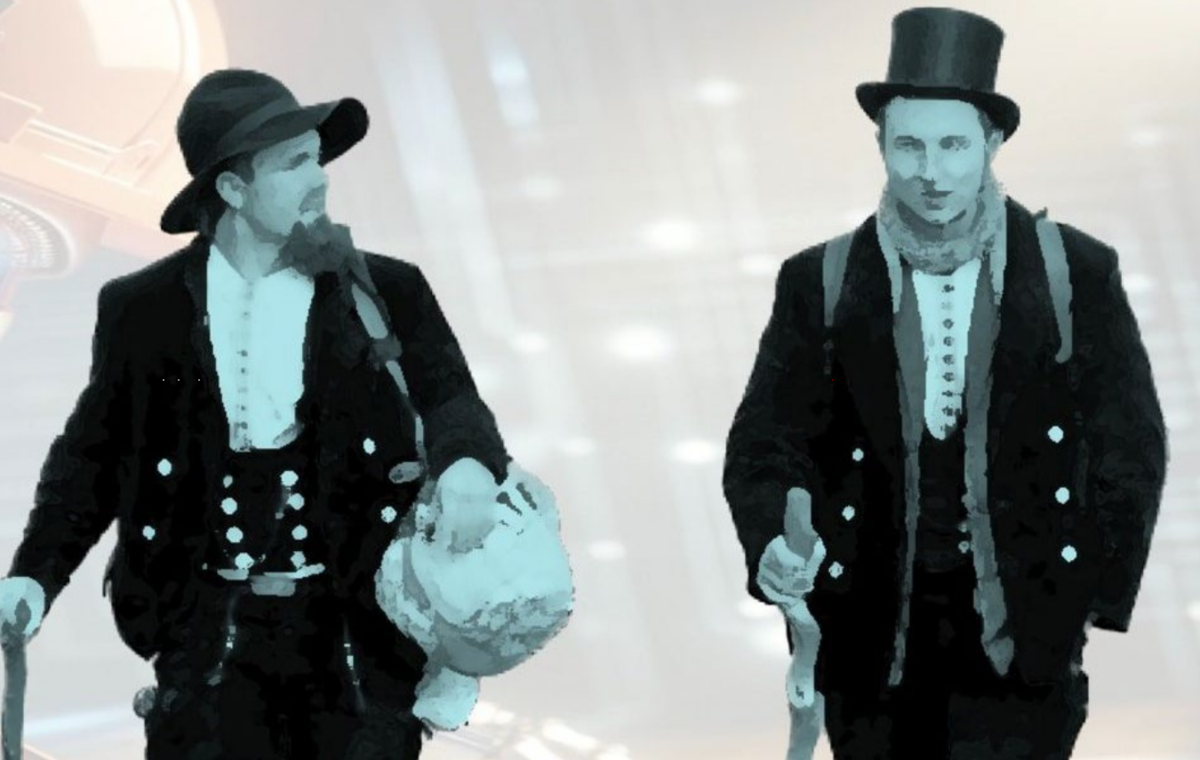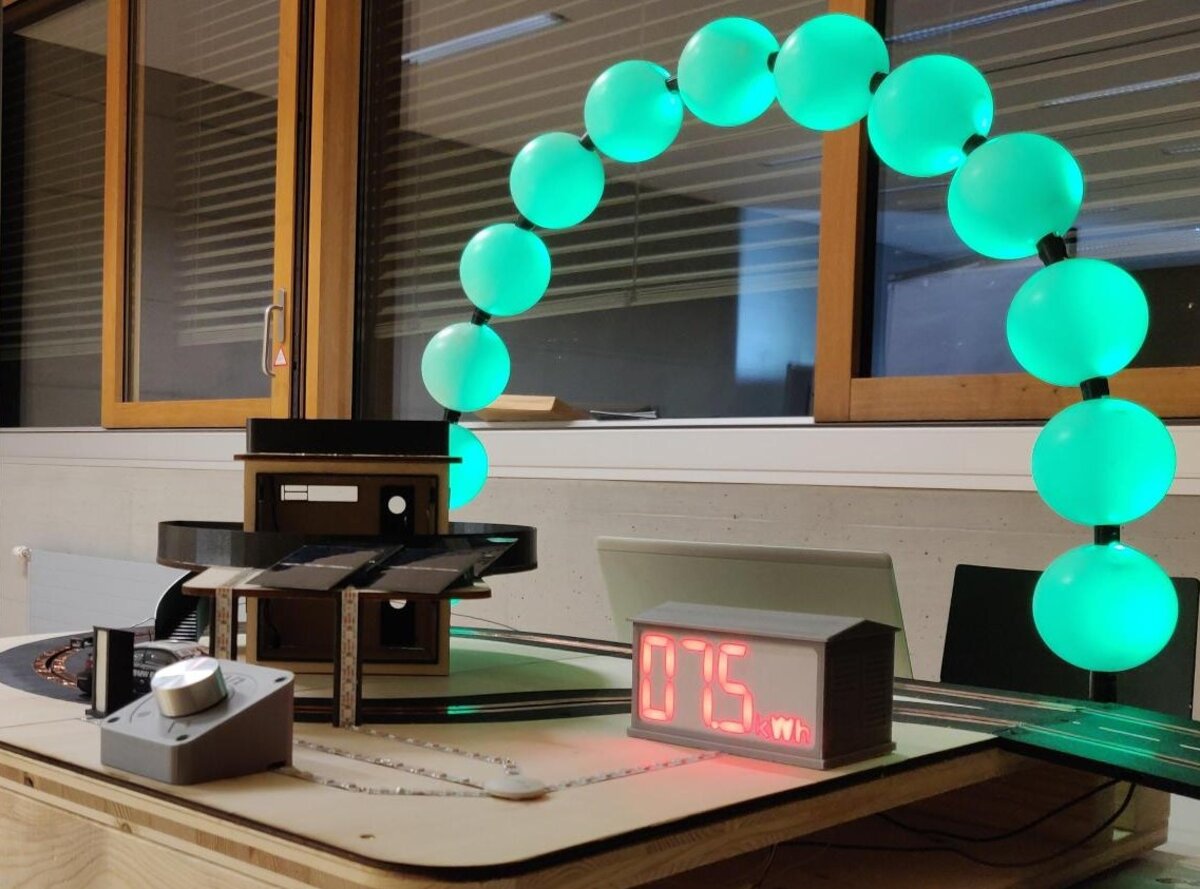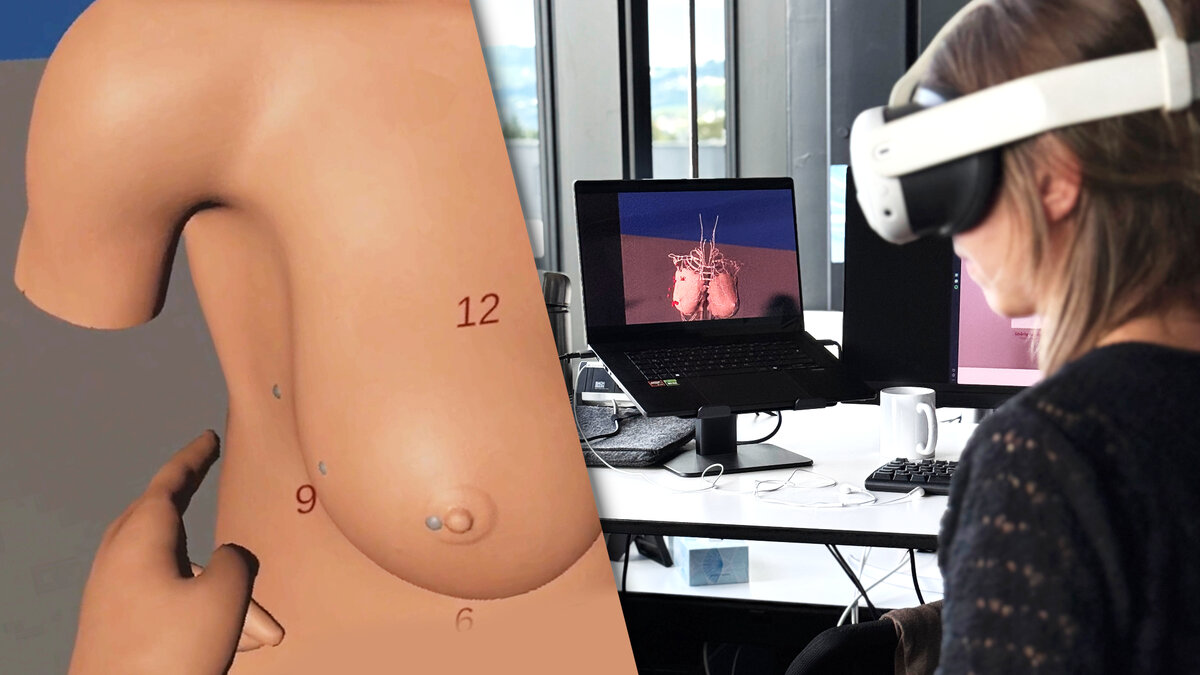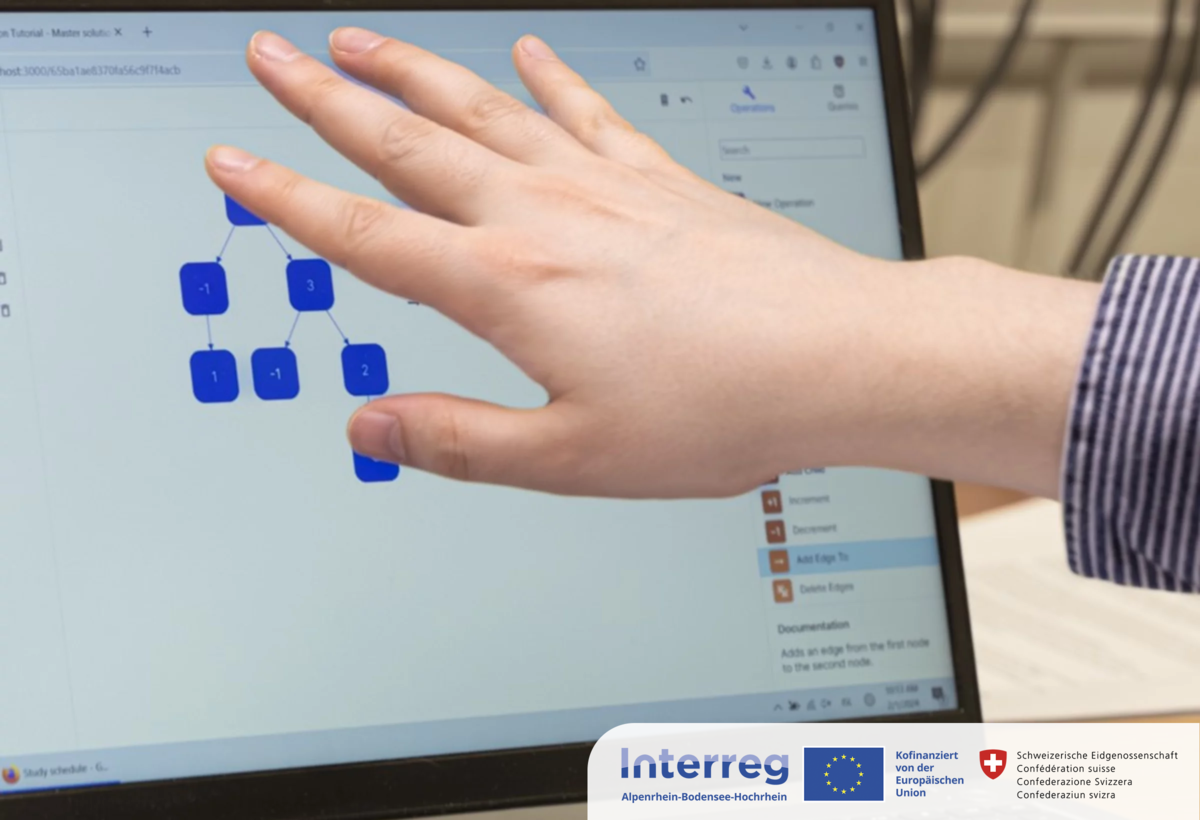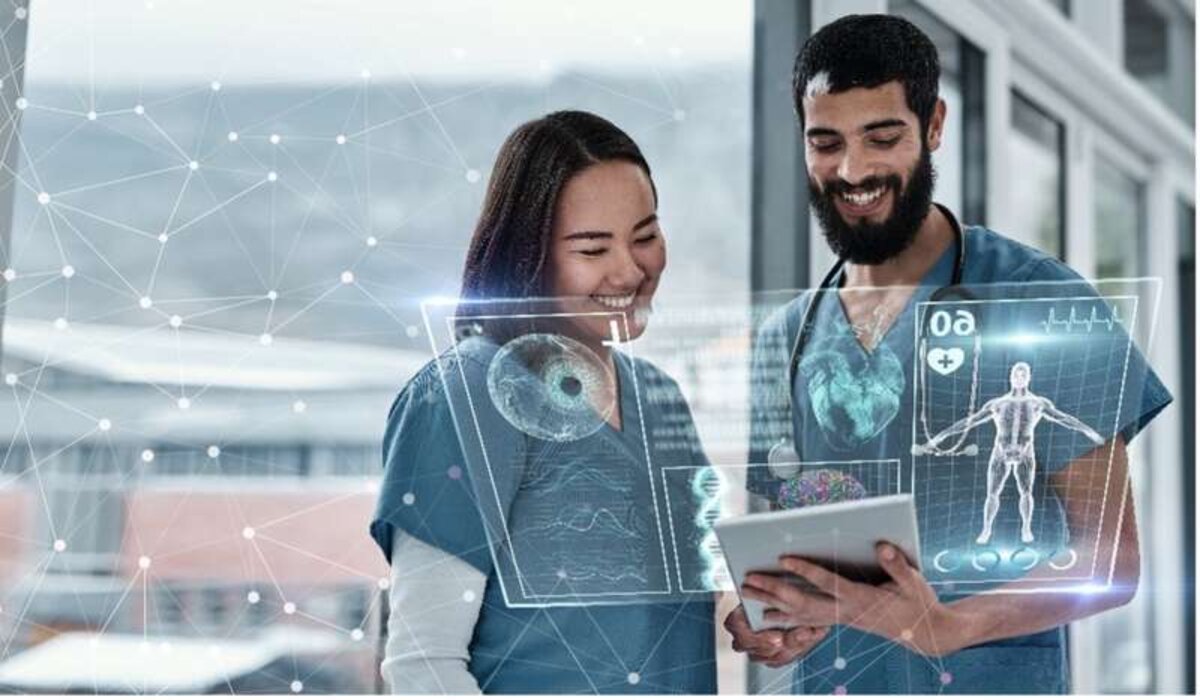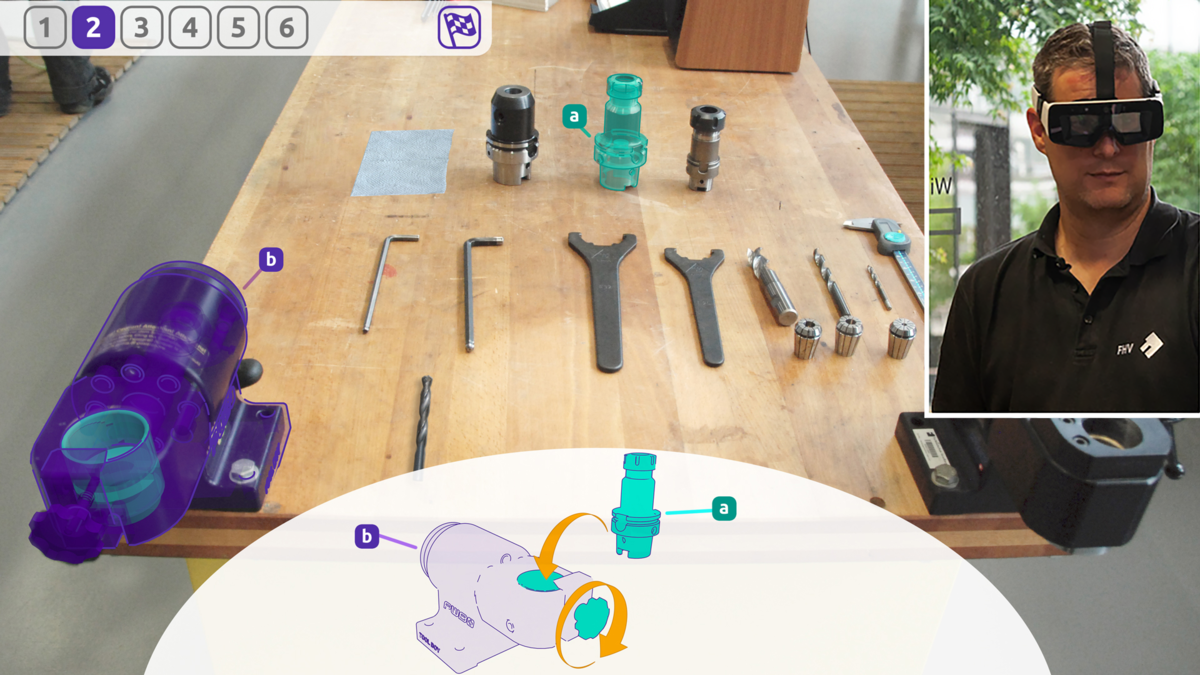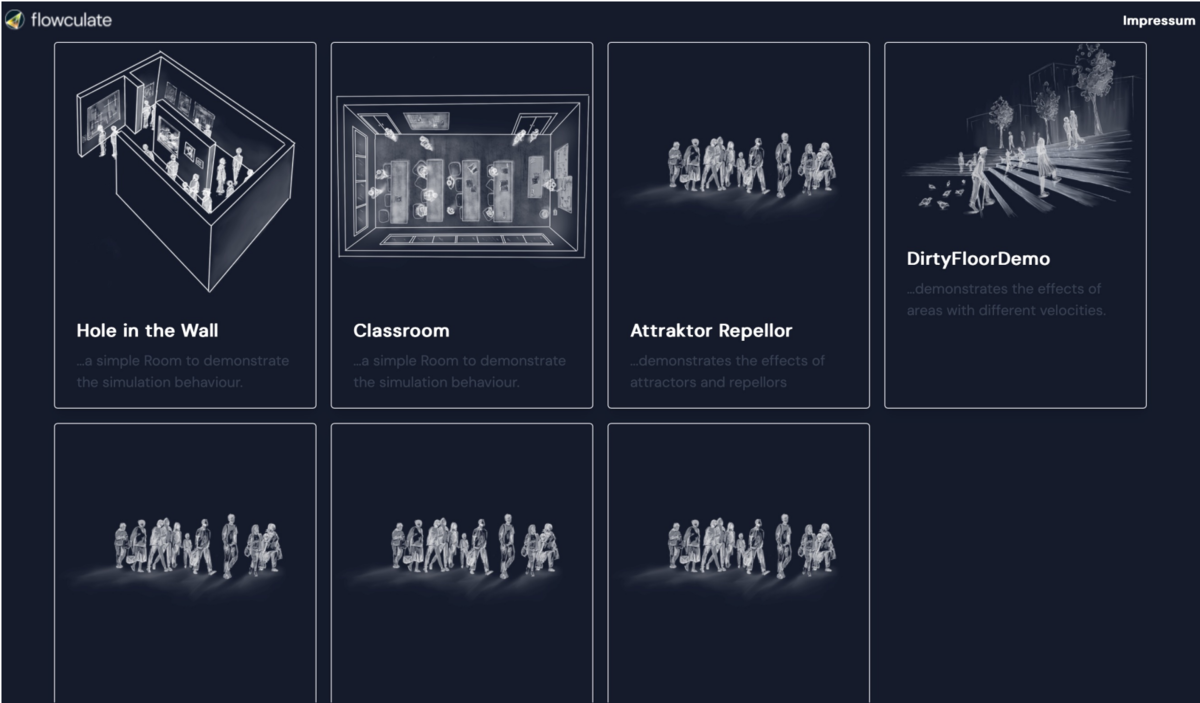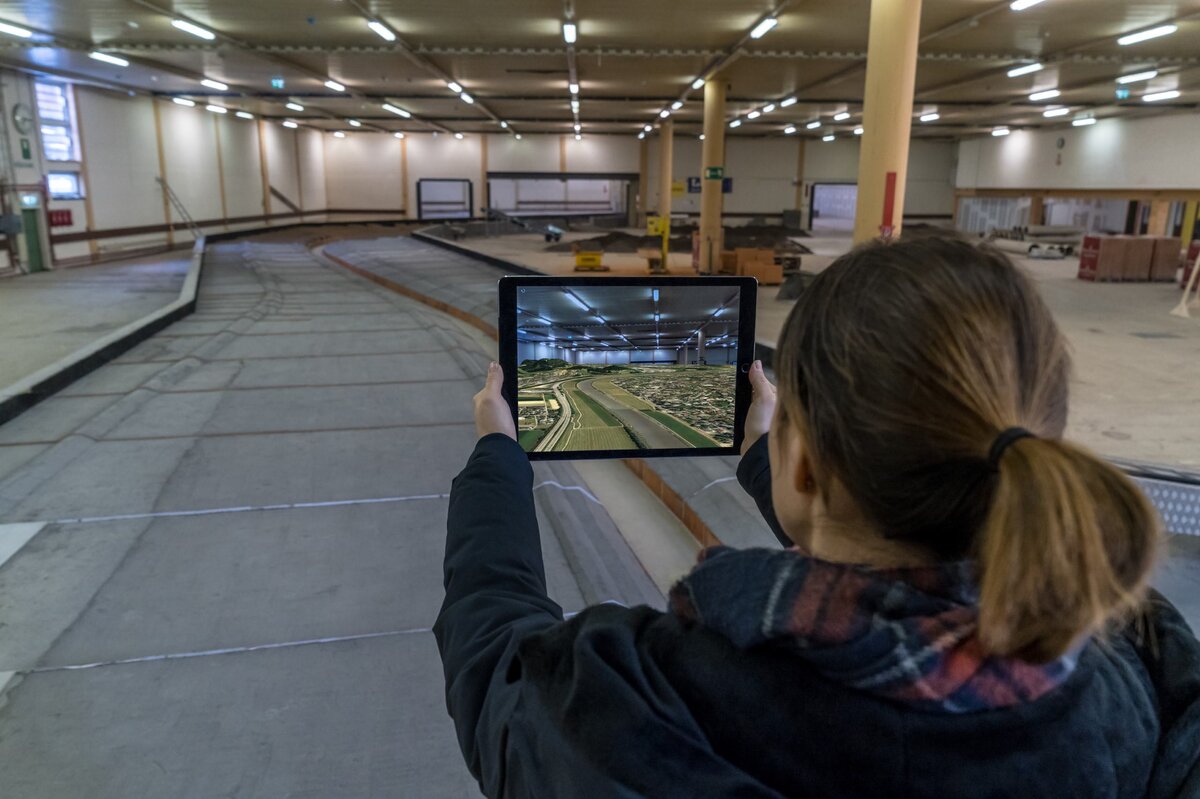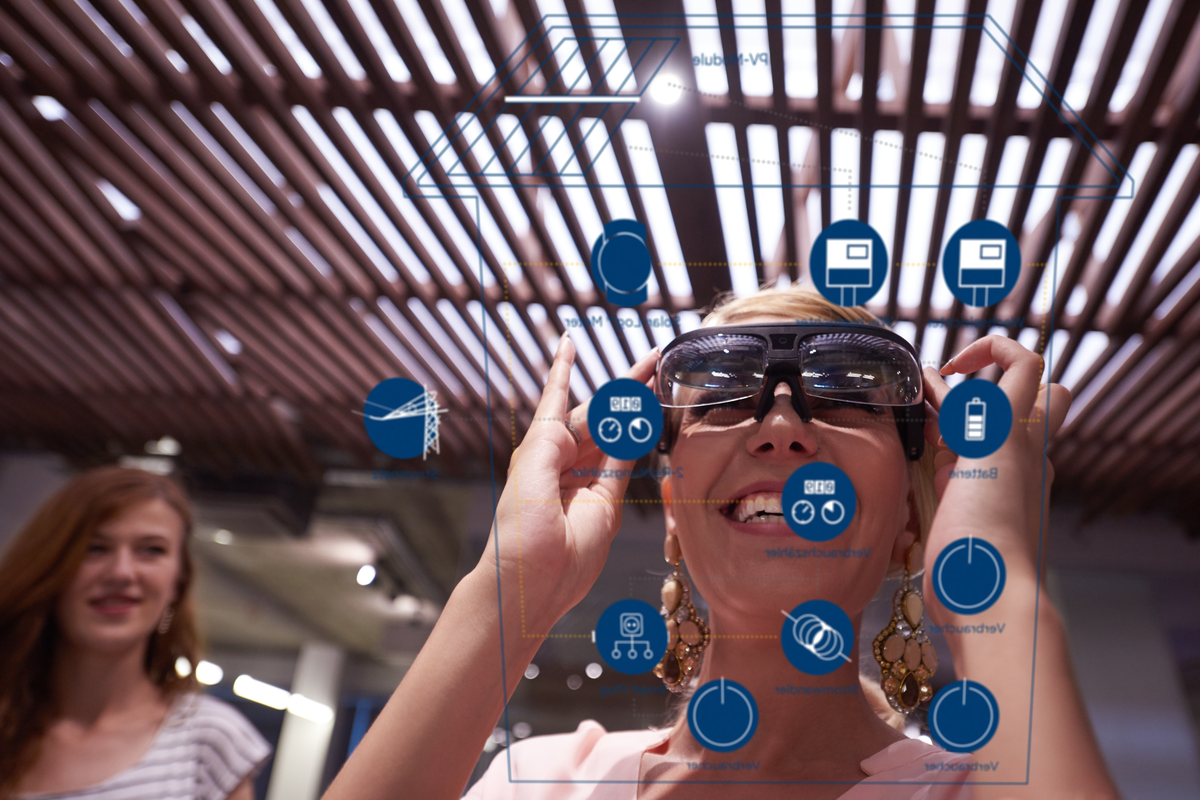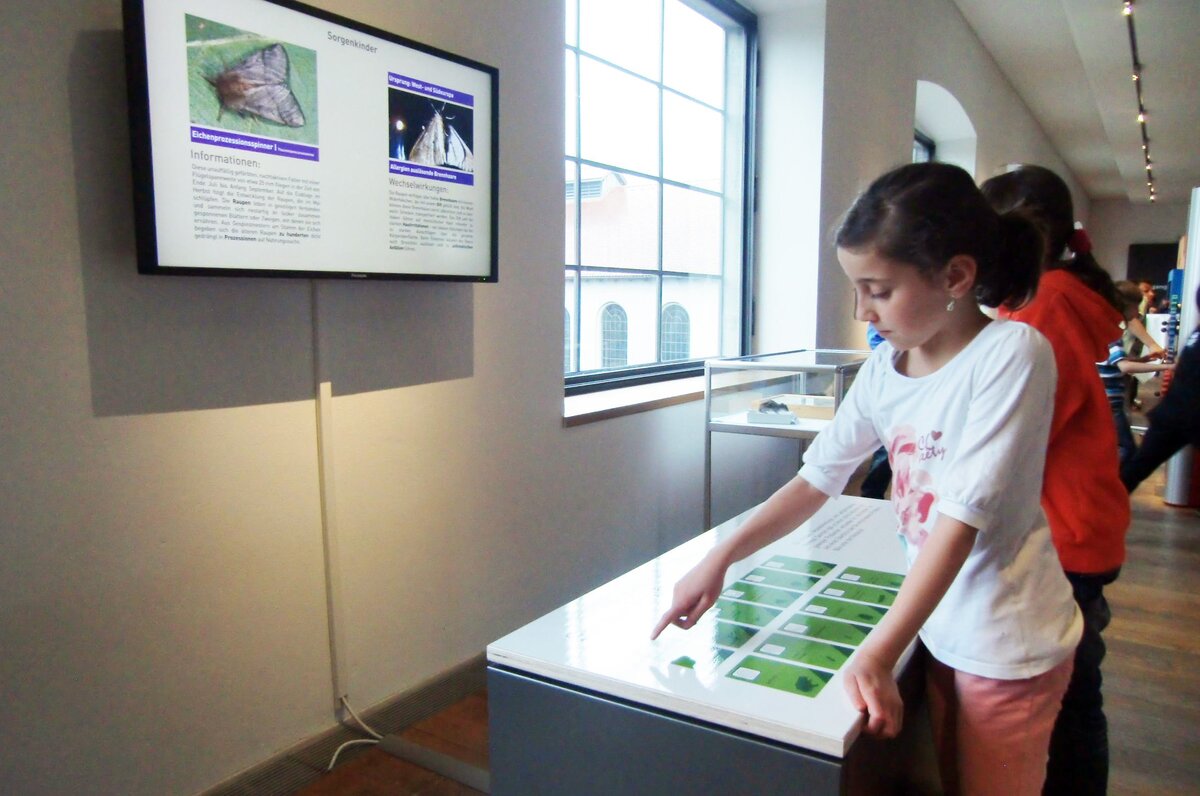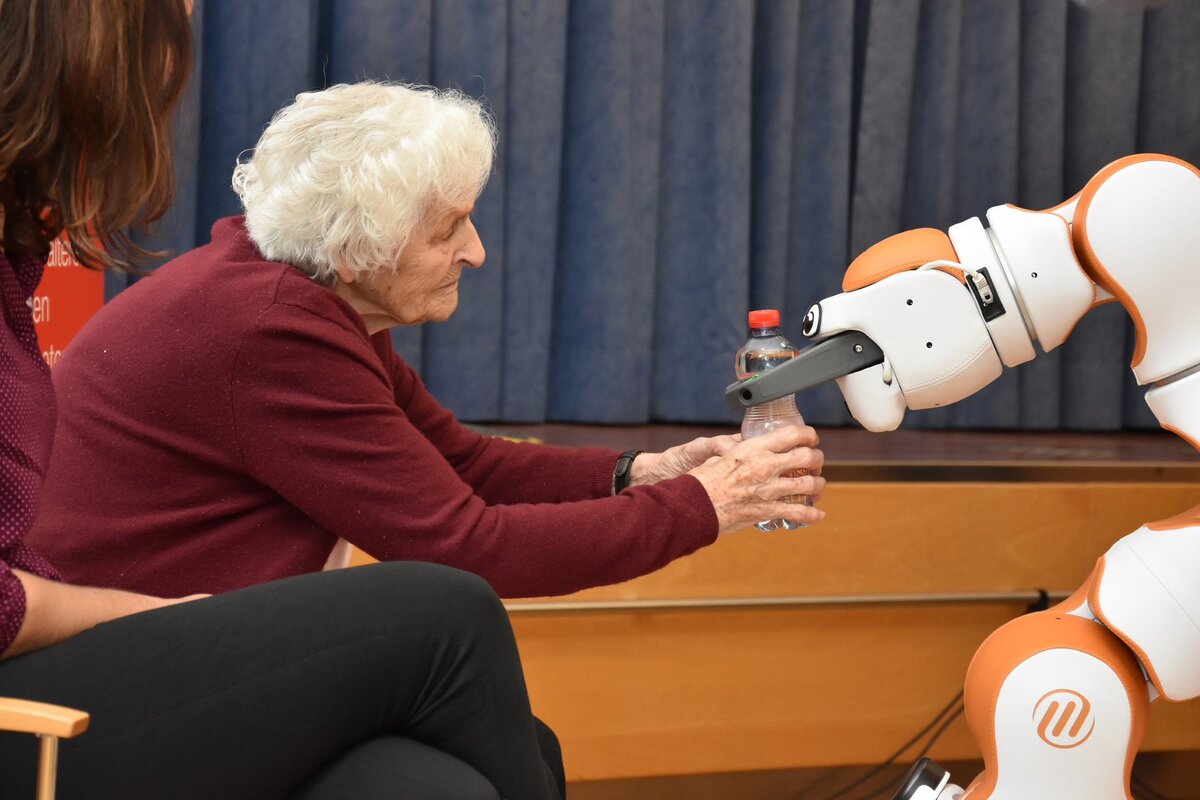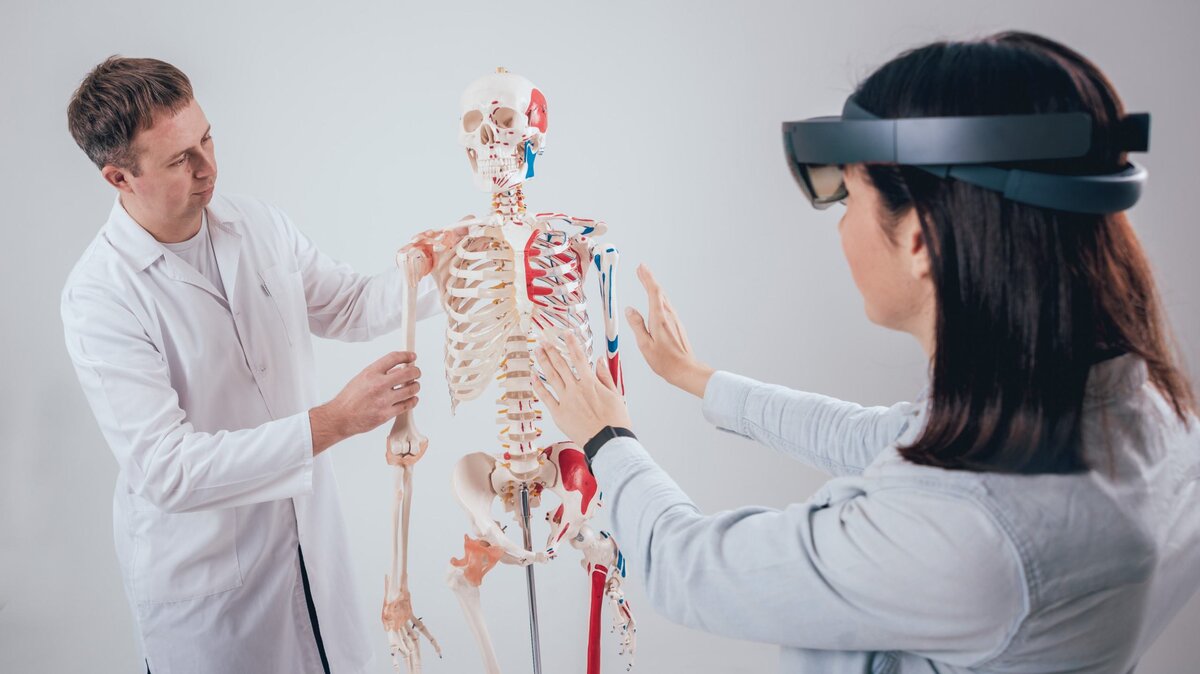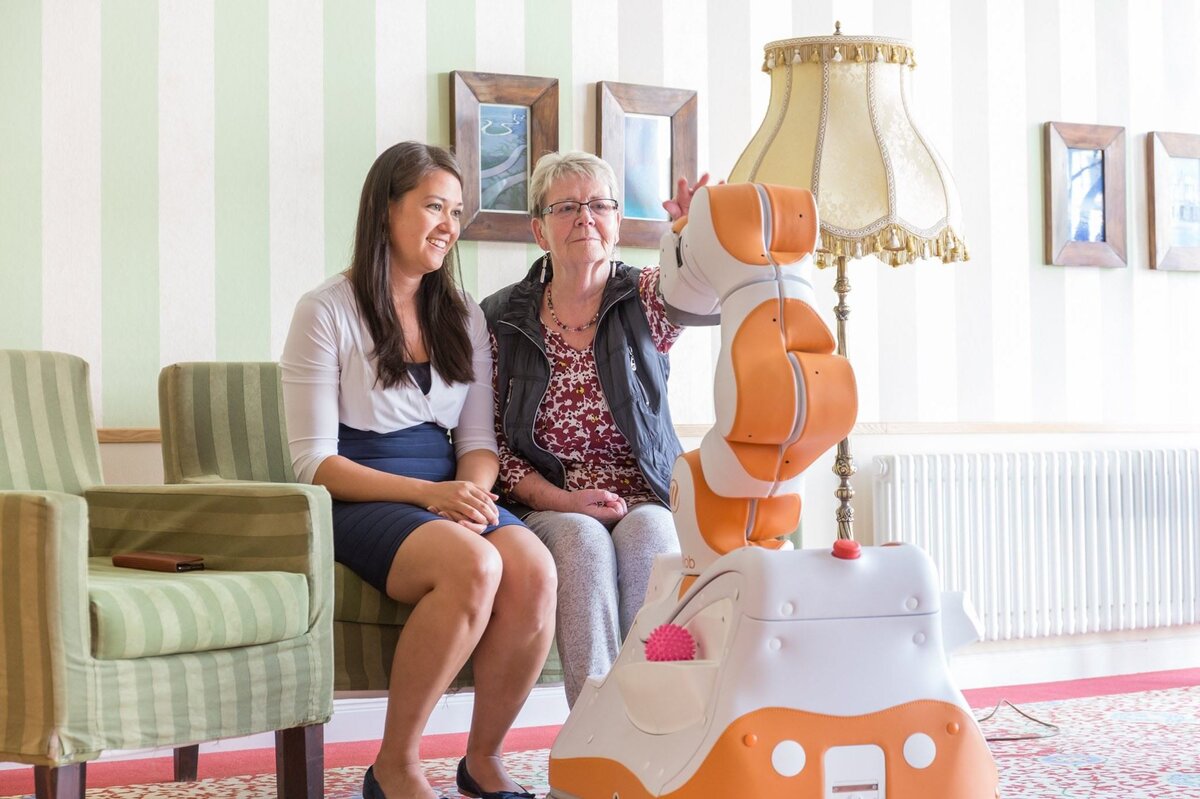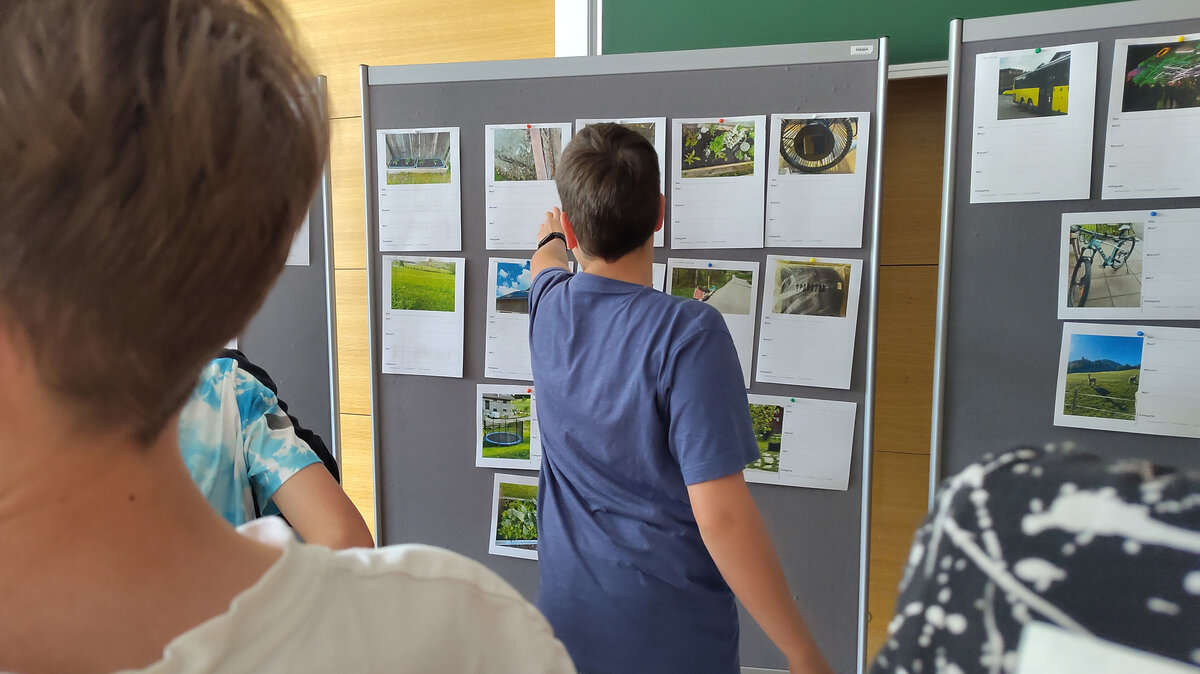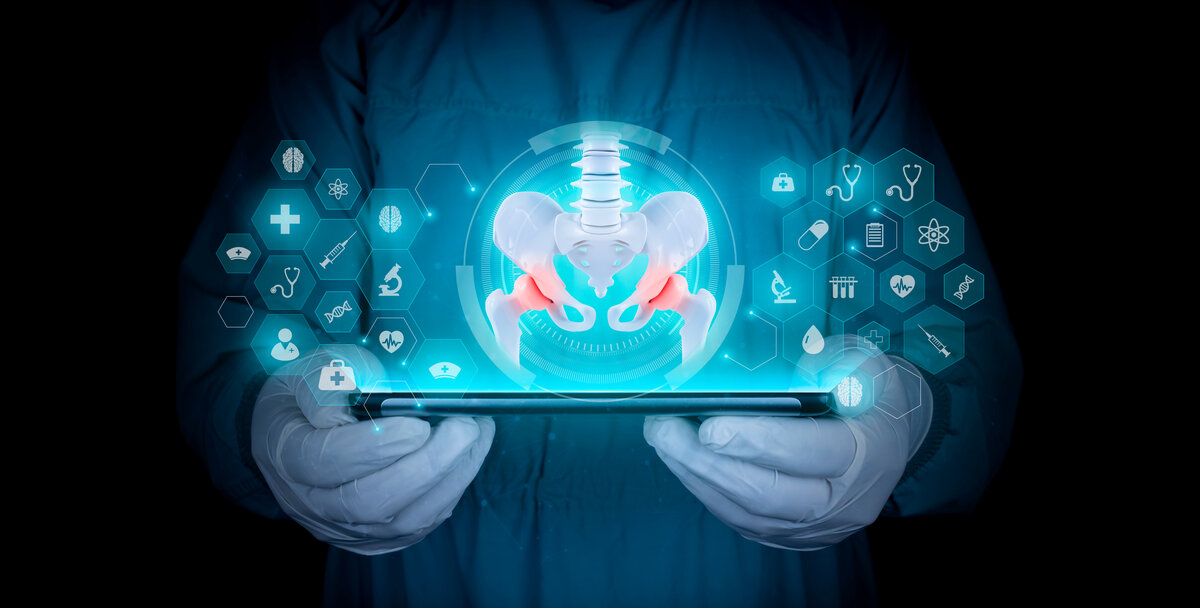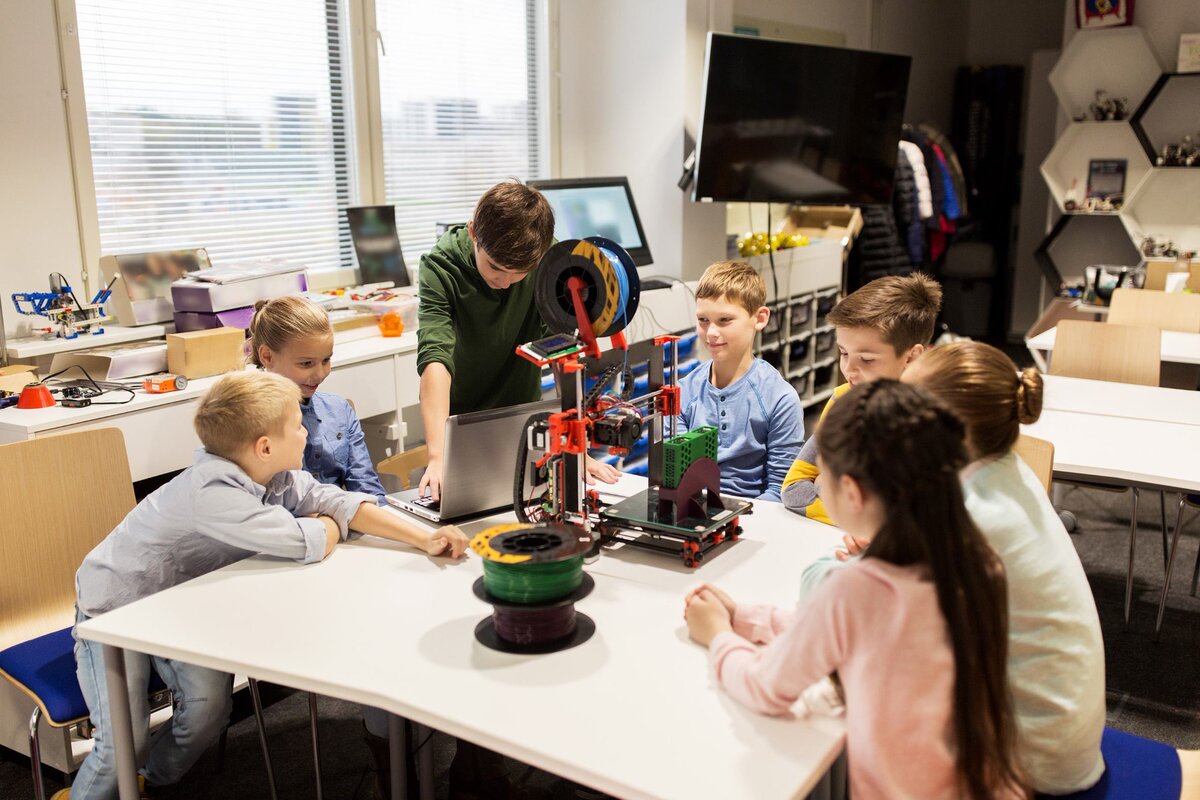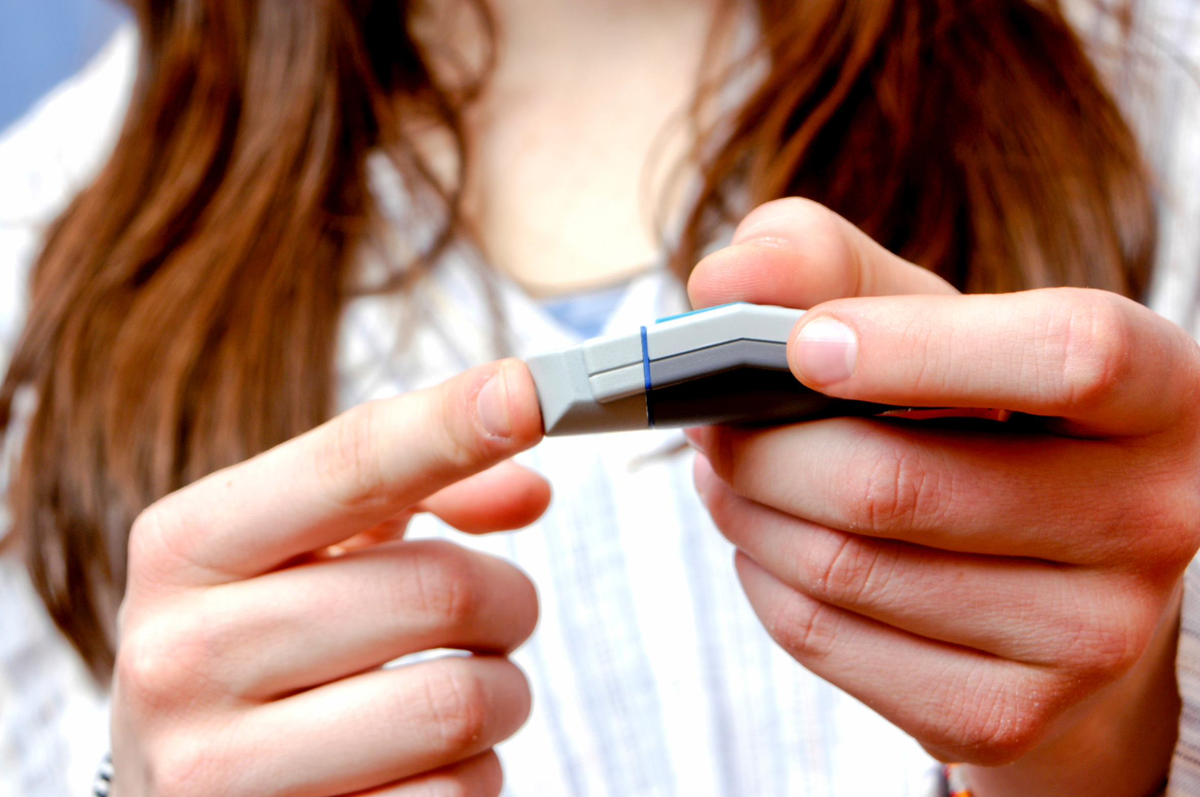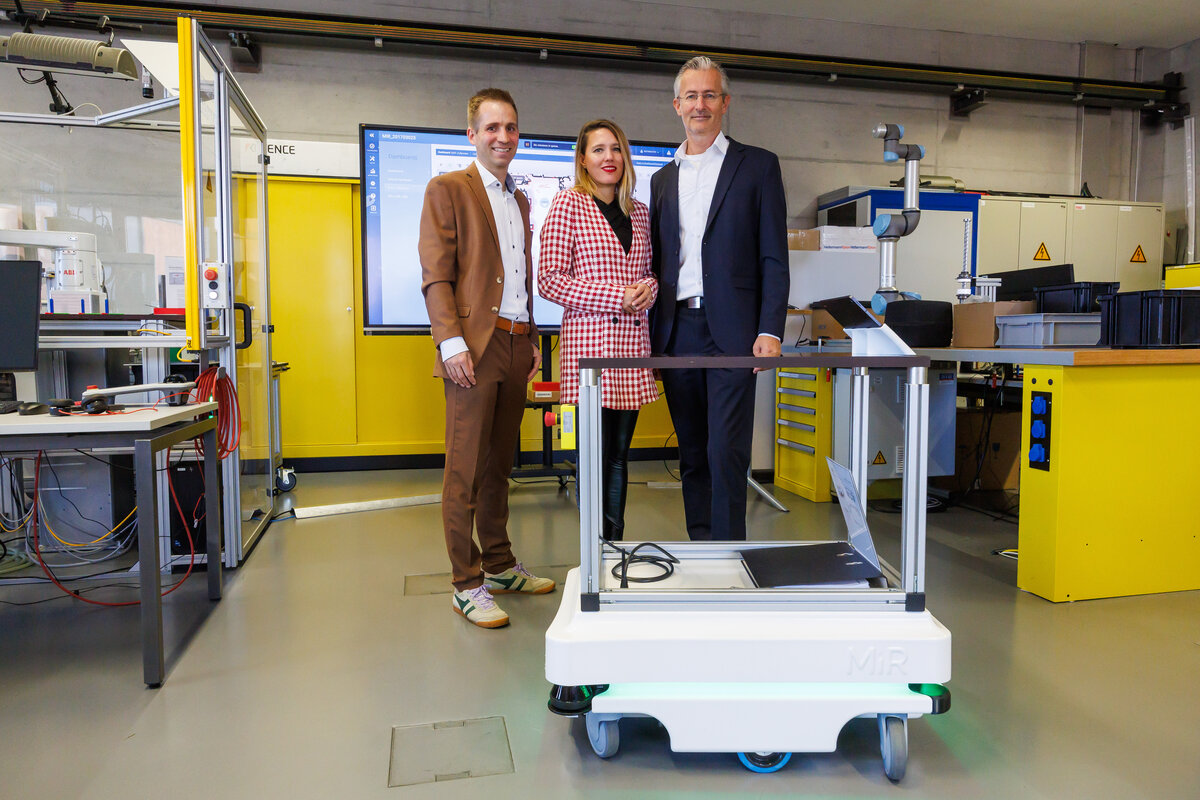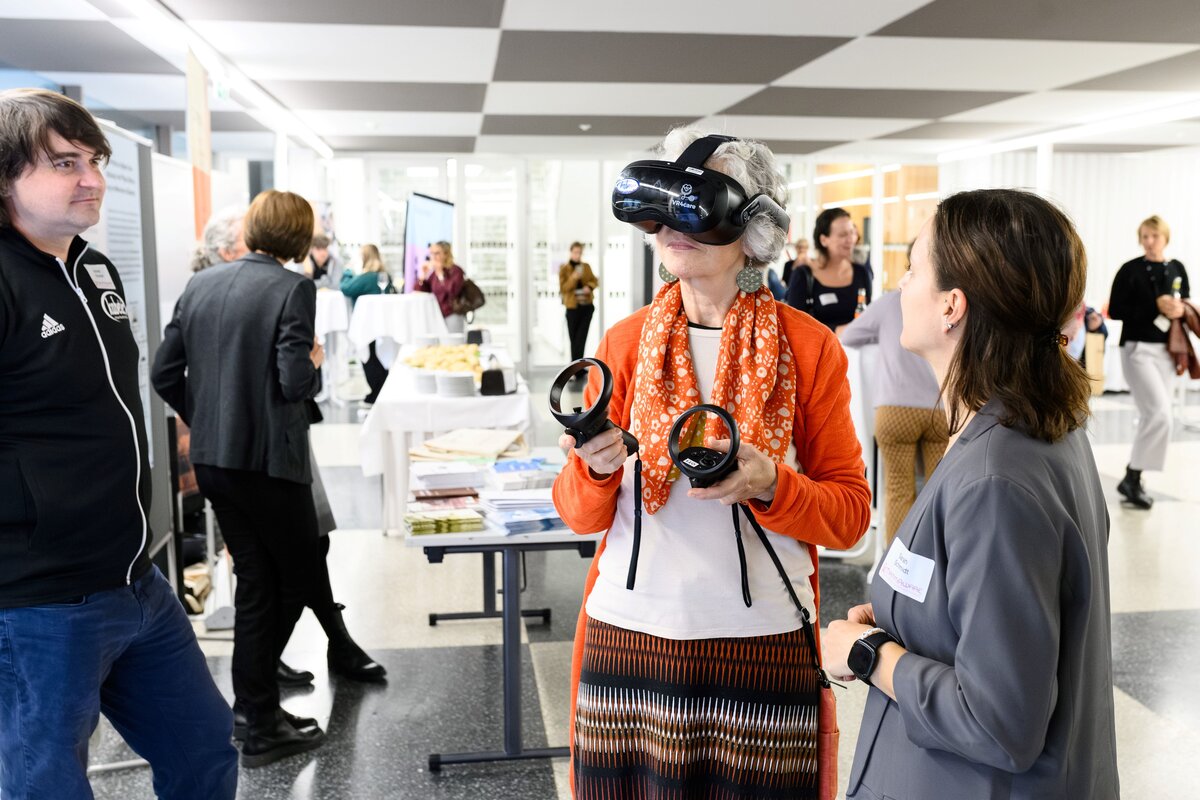Human-Centred Technologies
Research centre
The Human-Centred Technologies research centre develops digital, human-centred technologies for the society of tomorrow.
The focus is on the well-being of people, the benefits for organisations and sustainability. In close cooperation with partners from business, education, administration and civil society, needs-based innovations are created that improve life, support learning and reduce the burden on the environment.
Goals of the Human-Centred Technologies research centre
- Creating social benefits: Technologies that strengthen health, the environment and education
- Promote human-centred innovation: Development along the realities of people's lives
- Strengthen participation: Cooperation with citizens, organisations and politics
- Ensure knowledge transfer: Making research understandable, effective and accessible
Research focus
| Technologies for health and well-being |
Developing and researching innovative health technologies for use in everyday life, in the workplace and in care. Through practical research, customisation and continuous monitoring, the team ensures that these technologies can be used effectively, responsibly and in a user-centred way - for everyone who uses or helps to shape health technologies: from patients and carers to developers and decision-makers. |
|
| Technology-enhanced learning experiences |
Development of technology-supported solutions that specifically promote learning motivation and success. The team combines didactic concepts such as gamification, collaboration or the use of intelligent objects (smart objects) with digital tools - such as mobile apps, VR/AR or bio-feedback systems. This creates motivating and sustainable learning experiences - for people at every stage of their lives. |
Practice-oriented approaches
Many of these innovations are already in use as prototypes, tools or the basis for products. As long as there is no commercial exploitation, the Human-Centred Technologies research centre will continue to maintain and operate them - in a practical, usable and transfer-ready manner.
 |
Learning App: The app "Fleeing the Holocaust. My Encounter with Refugees" provides young people with historical experiences through interactive film sequences. Users select a person, delve deeper into the content and create a personal album. The app promotes dialogue and is suitable for teaching, youth work and private use. Honoured with the Worlddidac Award (2018) and the Learning Apps seal of approval (2022). |
 |
Getnotified: Reliable everyday notifications increase safety. Sensors detect movement, sleep and falls and send automatic notifications in the event of anomalies. Simple systems such as ceiling motion detectors and SMS ensure acceptance and enable versatile analyses using algorithms. |
 |
Well-being diary: The well-being diary supports children and young people in their well-being through self-observation. Teachers can use it in school projects. Progress analyses show fluctuations during the pandemic, for example. It is used anonymously via mintag.at and data is stored on FH Vorarlberg servers. Contact: Katrin Paldan - katrin.paldan@fhv.at |
The Human-Centred Technologies team
Would you like to learn more about research at FHV? The research team welcomes enquiries regarding collaborative projects, strategic partnerships, or opportunities to contribute to our ongoing research activities.

